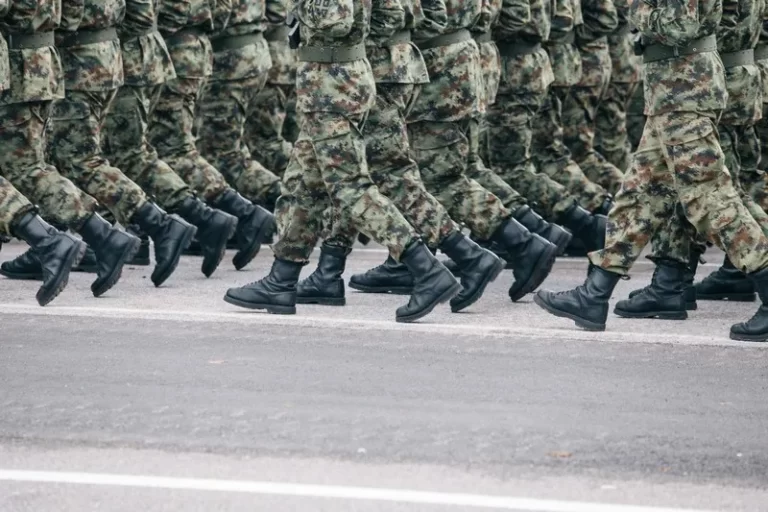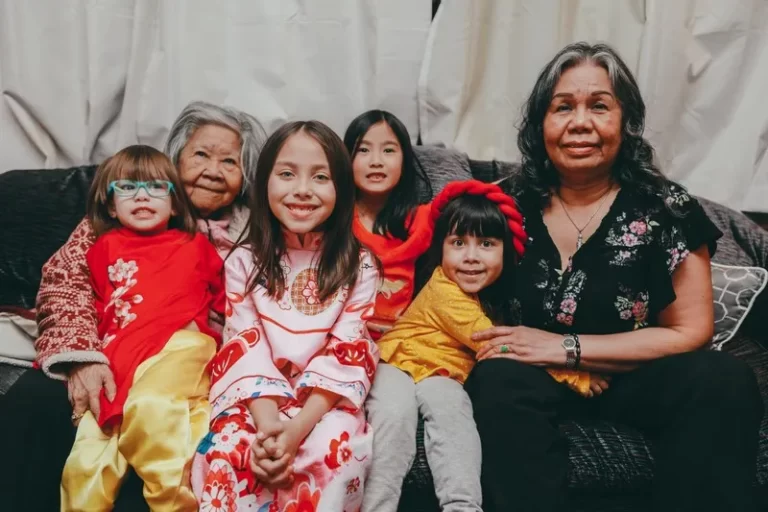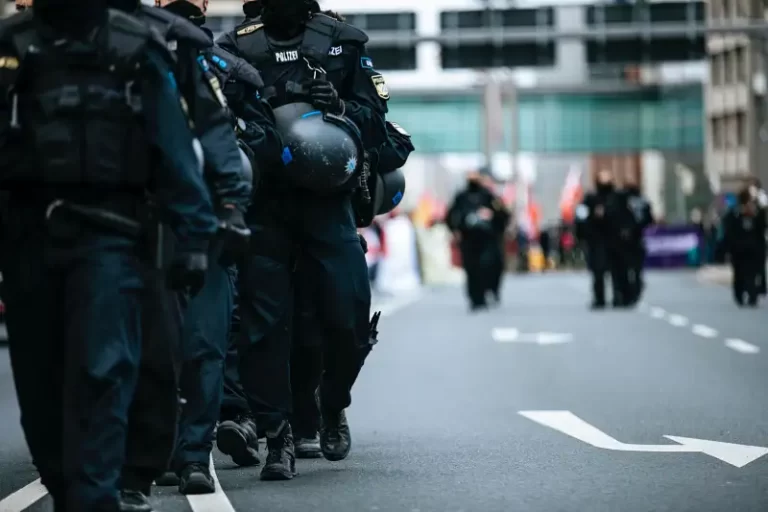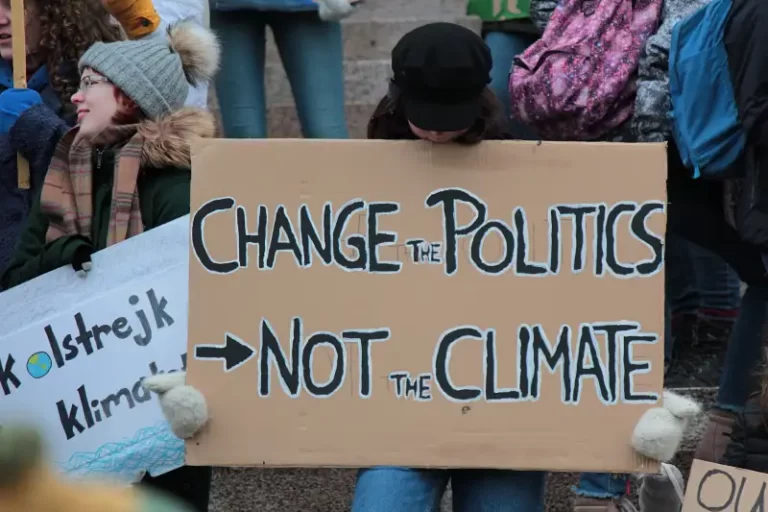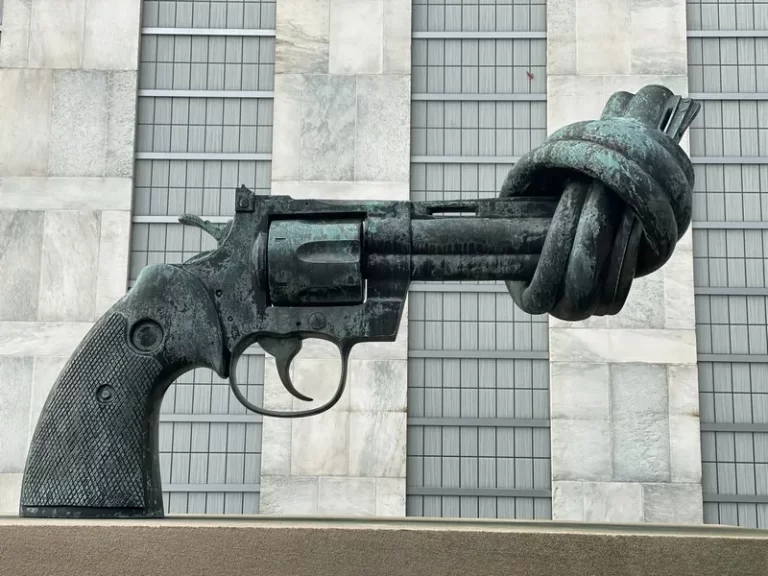
Arms Control: An Overview in Sociology
Arms control is an important area of study in sociology that focuses on the regulation and limitation of weapons. This blog post explores the importance of arms control in maintaining global security and stability, the different types of arms control measures, the factors that influence arms control decisions, and the challenges and future directions of arms control. By understanding these concepts, we can work towards a safer and more peaceful world.
